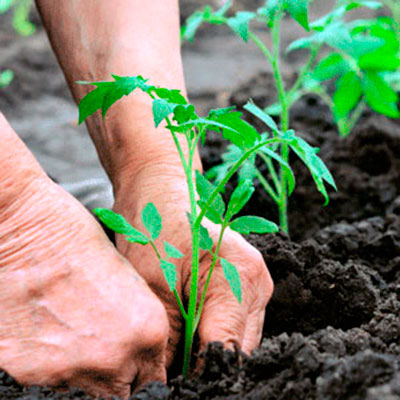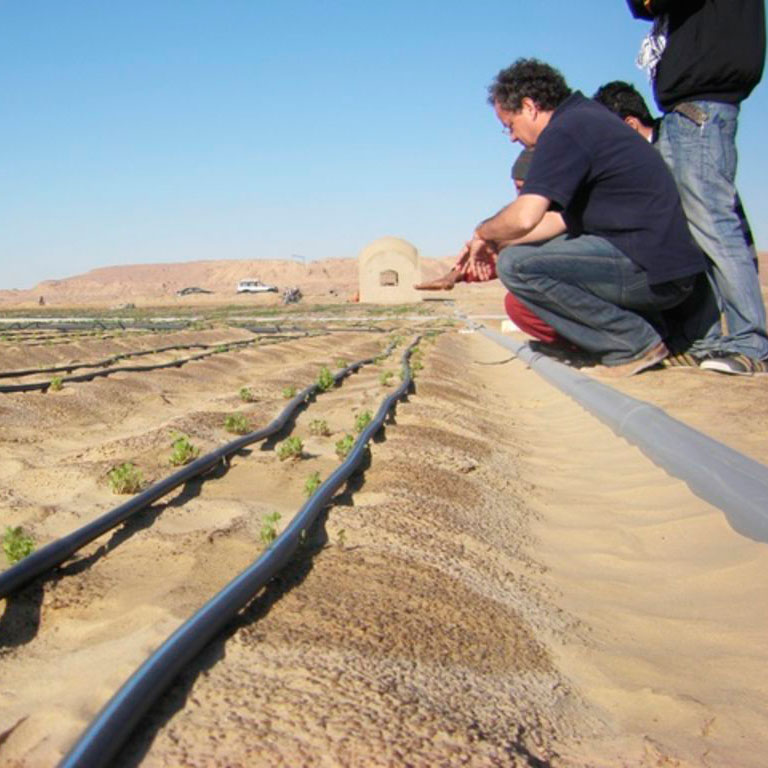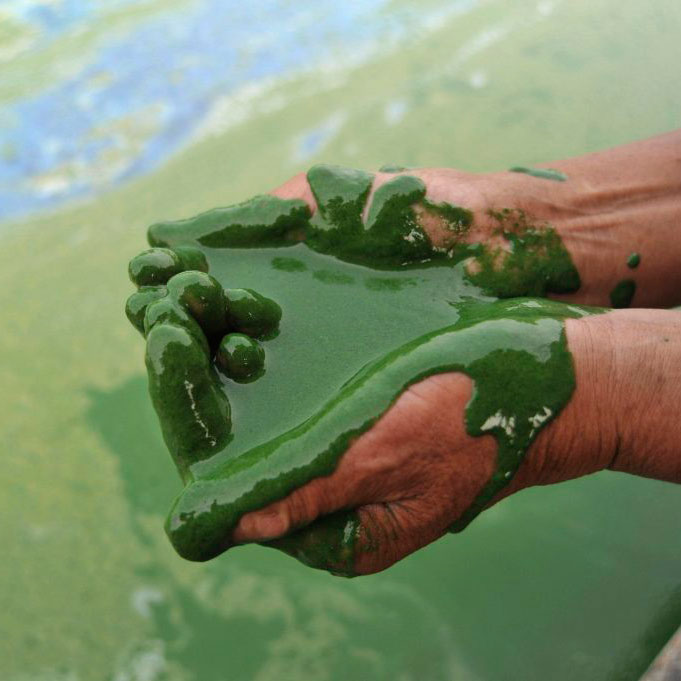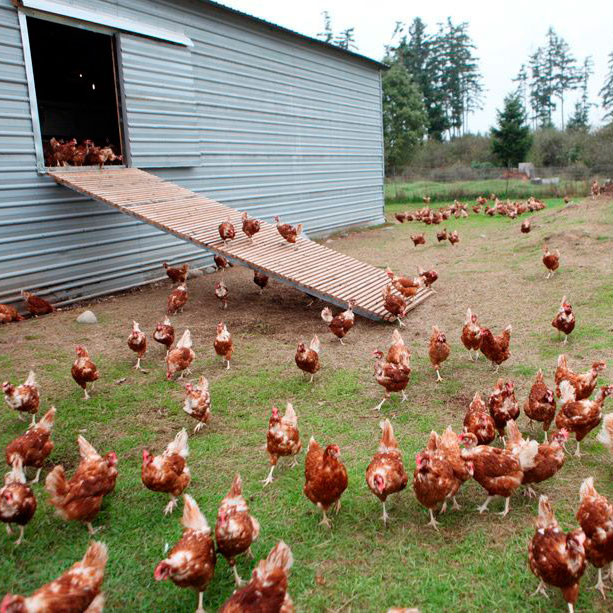Organic Farming Good Food For All

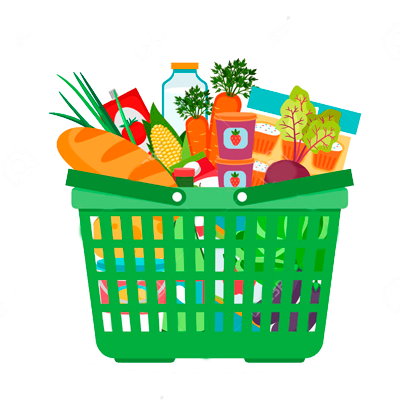
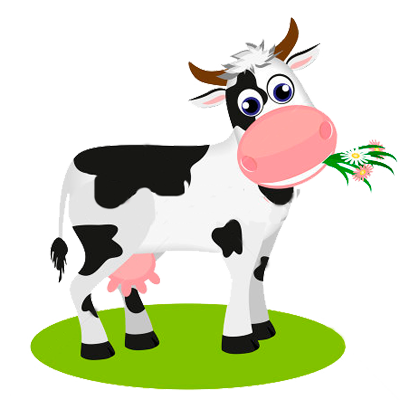
Organic farming is another agricultural system that originated early in the 20th century in response to quickly changing farming techniques. Organic farming has been developed by several organic farming associations now. It depends on fertilizers of natural source like compost manure, green manure, and bone meal and puts emphasis on techniques like crop rotation and companion planting. Biological pest management, mixed cropping as well as the boosting of insect predators are all encouraged. Generally, organic standards are made to permit the utilization of naturally occurring compounds while banning or limiting synthetic materials. For example, naturally occurring pesticides like pyrethrin and rotenone are allowed, while artificial pesticides and fertilizers are usually prohibited. Synthetic substances which are permitted include, as an instance, aluminum sulfate, elemental sulfur and Ivermectin. Reasons for advocation of organic farming include benefits in sustainability, openness, self-sufficiency, autonomy/independence, wellness, food safety, and food security.
Kitchn | Inspiring cooks, nourishing homes
Inspiring cooks, nourishing homes-
Why You Should Keep a Spatula in Your Bedroom (It’s Brilliant!)
I can’t believe I never thought of this!...
-
I Asked 2 Designers What Is the Worst Color to Paint a Living Room, and They Both Said the Same Thing
Consider yourself warned....
-
The “So Versatile” Appliance That’s Replacing My Oven and Air Fryer This Summer (I Get Why It Keeps Selling Out!)
It comes in three gorgeous colors....
-
I’m Buying These Starbucks Limited-Edition Cups in Every Color for Summer
They’re so fun!...
-
Williams Sonoma’s Clearance Sale Includes Baking Essentials for Just $10
Save up to 75% on cookware, bakeware, and...


